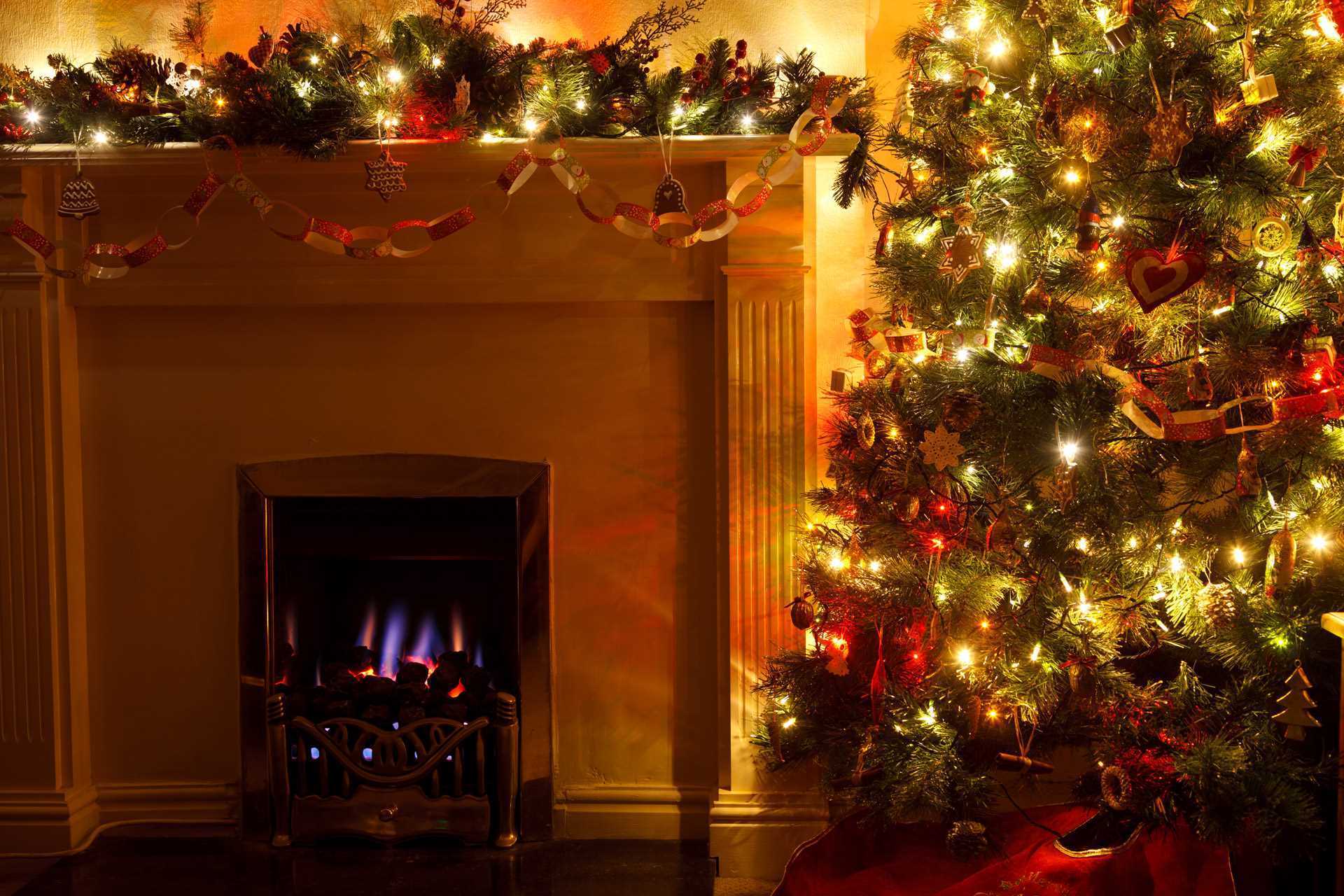
Residential fires take their toll every day, every year, in lost lives, injuries and destroyed property. But many conditions that cause house fires can be avoided or prevented. Some simple precautions, preventive inspections, and concrete planning can help prevent fire in the home and can save property and lives should disaster strike.
- Check holiday lights for fraying or broken wires and plugs. Follow the manufacturer’s guidelines as to how many strands can be joined together, as a fire hazard could result from overload. Enjoy indoor holiday lights only while someone is home, and turn them off before going to bed at night.
- Candles add a welcoming, festive feeling, and need to be placed in stable holders and located away from flammable items, drafts, pets and children. Never leave burning candles unattended, even for a short time. Realistic-looking LED candles are a great alternative for peace of mind.
- Keep live Christmas trees in a water-filled stand and check daily for dehydration. Needles should not easily break off a freshly cut tree. Brown needles or lots of fallen needles indicate a dangerously dried-out tree which should be discarded immediately. Always use nonflammable decorations in the home, and never use lights, even LED types, on a dried-out tree.
- Electrical items including lamps, appliances, and electronics should be checked for frayed cords, loose or broken plugs, and exposed wiring. Never run electrical wires, including extension cords, under carpet or rugs even temporarily as this creates a fire hazard.
- Fireplaces should be checked by a professional chimney sweep each year and cleaned if necessary to prevent a dangerous buildup of creosote, which can cause a flash fire in the chimney. Cracks in masonry chimneys should be repaired, and spark arresters inspected to ensure they are in good condition and free of debris.
- When using space heaters, keep them away from beds and bedding, curtains, paper – anything flammable. Always follow the manufacturer’s instructions for use. Space heaters should not be left unattended while in use or where a child or pet could knock them over.
- Use smoke detectors with fresh batteries unless they are hard wired to the home’s electrical system. Smoke detectors should be installed high on walls or on ceilings on every level of the home, inside each bedroom, and outside every sleeping area. Statistics show that nearly 60% of home fire fatalities occur in homes without working smoke alarms.
- Children shouldn’t have access to or be allowed to play with matches, lighters or candles. Always store flammable materials such as gasoline, kerosene and propane outside of and away from the house.
- Kitchen fires know no season. According to the U.S. National Fire Protection Association, cooking is the leading cause of house fires. Grease spills, items left unattended on the stove or in the oven, and food left in toasters or toaster ovens can catch fire quickly. Keep an all-purpose fire extinguisher within easy reach. Extinguishers specifically formulated for grease and cooking fuel fires are widely available and can supplement an all-purpose extinguisher.
- Have an escape plan. This is one of the most important measures to prevent injury or death in a fire. Visit ready.gov for detailed information on how to make a plan. Make sure all family members know how to dial 911 in case of a fire or other emergency.
Categories:
Community
We would like to hear from you! If you have any questions, please do not hesitate to contact us. We are always looking forward to hearing from you! We will do our best to reply to you within 24 hours !